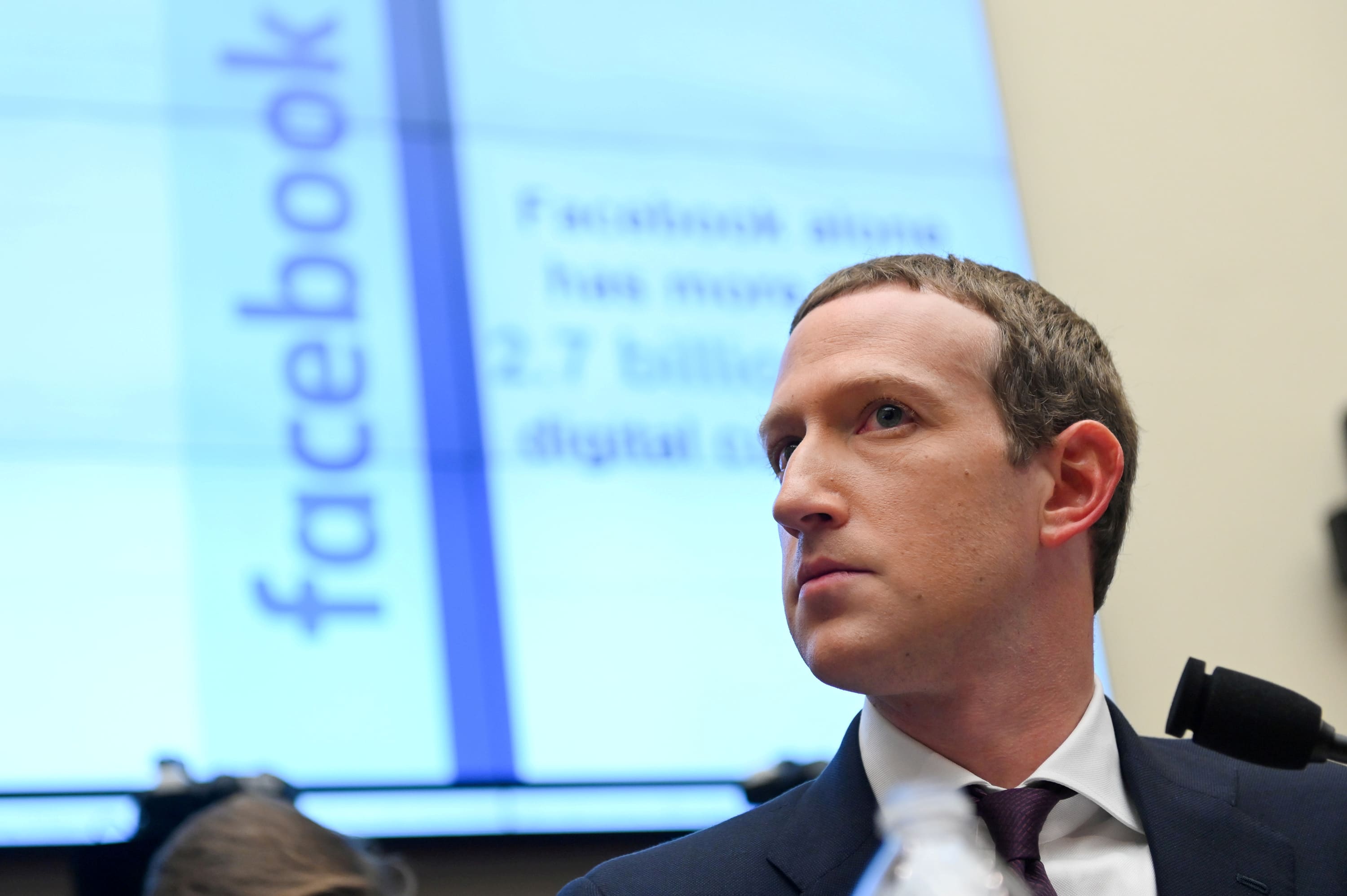Australia’s antitrust chief claims a win over Facebook in news battle

Facebook Chairman and CEO Mark Zuckerberg.
Erin Scott | Reuters
Australia’s antitrust chief on Wednesday claimed a victory over Facebook in a digital news battle that has captivated the world over the last week.
Facebook blocked news pages last Wednesday after the Australian government said it was going to introduce a new law that would require Facebook to pay publishers for linking to their stories. The ban was short lived, however, with Facebook cutting a deal with the Australian government on Monday that will see it add news pages back to its platform. Through that deal, some of the proposed legislation was amended and reportedly watered down.
Rod Sims, the chairman of the Australian Competition and Consumer Commission and the architect of Australia’s media reforms, said in a statement shared with CNBC on Wednesday that the ACCC is “extremely pleased” to see the amended legislation, dubbed the news media bargaining code, progressing through Australian Parliament this week.
“This is a significant step in maintaining a vibrant and diverse Australian news media sector which is essential for our society and democracy,” said Sims.
“The code will address a significant bargaining power imbalance between Australian news media businesses and major digital platforms,” he added. “With the code and its arbitration mechanism in place, the platforms have an incentive to offer fair payment for their use of news content, and Australian news businesses can negotiate commercial deals knowing a backup is in place should negotiations stall.”
The code’s introduction to Parliament has already resulted in a number of commercial deals between news businesses and Google and Facebook, the ACCC said.
Google announced a major deal with Rupert Murdoch’s News Corp last Wednesday.
Facebook also claiming a win
Facebook seemingly doesn’t want to be seen as a loser in all this.
Campbell Brown, Facebook’s vice president for global news partnership, said in a statement on Tuesday that it will be able to support the publishers it wants to under the amended rules.
“Going forward, the government has clarified we will retain the ability to decide if news appears on Facebook so that we won’t automatically be subject to a forced negotiation,” said Brown. “It’s always been our intention to support journalism in Australia and around the world, and we’ll continue to invest in news globally and resist efforts by media conglomerates to advance regulatory frameworks that do not take account of the true value exchange between publishers and platforms like Facebook.”
Nick Clegg, the U.K.’s former deputy prime minister who is now VP of global affairs at Facebook, published a blog Wednesday titled “The Real Story of What Happened With News on Facebook in Australia.”
In the blog, Clegg acknowledges that Facebook’s actions “will have felt abrupt and dramatic to many,” before going on to say that the news issue has been resolved.
“Thankfully, after further discussion, the Australian government has agreed to changes that mean fair negotiations are encouraged without the looming threat of heavy-handed and unpredictable arbitration,” said Clegg.
Facebook claims that news makes up less than 4% of the content people in Australia see on their feed and the business gain for the company is minimal.
But Sims argues that news is still important to Facebook in Australia. “Whatever they say, they need news. It keeps people on their platform longer — they make more money,” Sims told Reuters.
Chris Moos, a leadership expert and teaching fellow at Saïd Business School, University of Oxford, hailed the deal as a “small victory” for CEO Mark Zuckerberg.
“The Australian government has dropped the parts of the legislation that were most unfavorable to Facebook,” said Moos. “However, the amended legislation will commit Facebook to a process of negotiating remuneration with a significant portion of Australian news outlets. It is likely that this will result in small pay-outs for most Australian news publishers.”